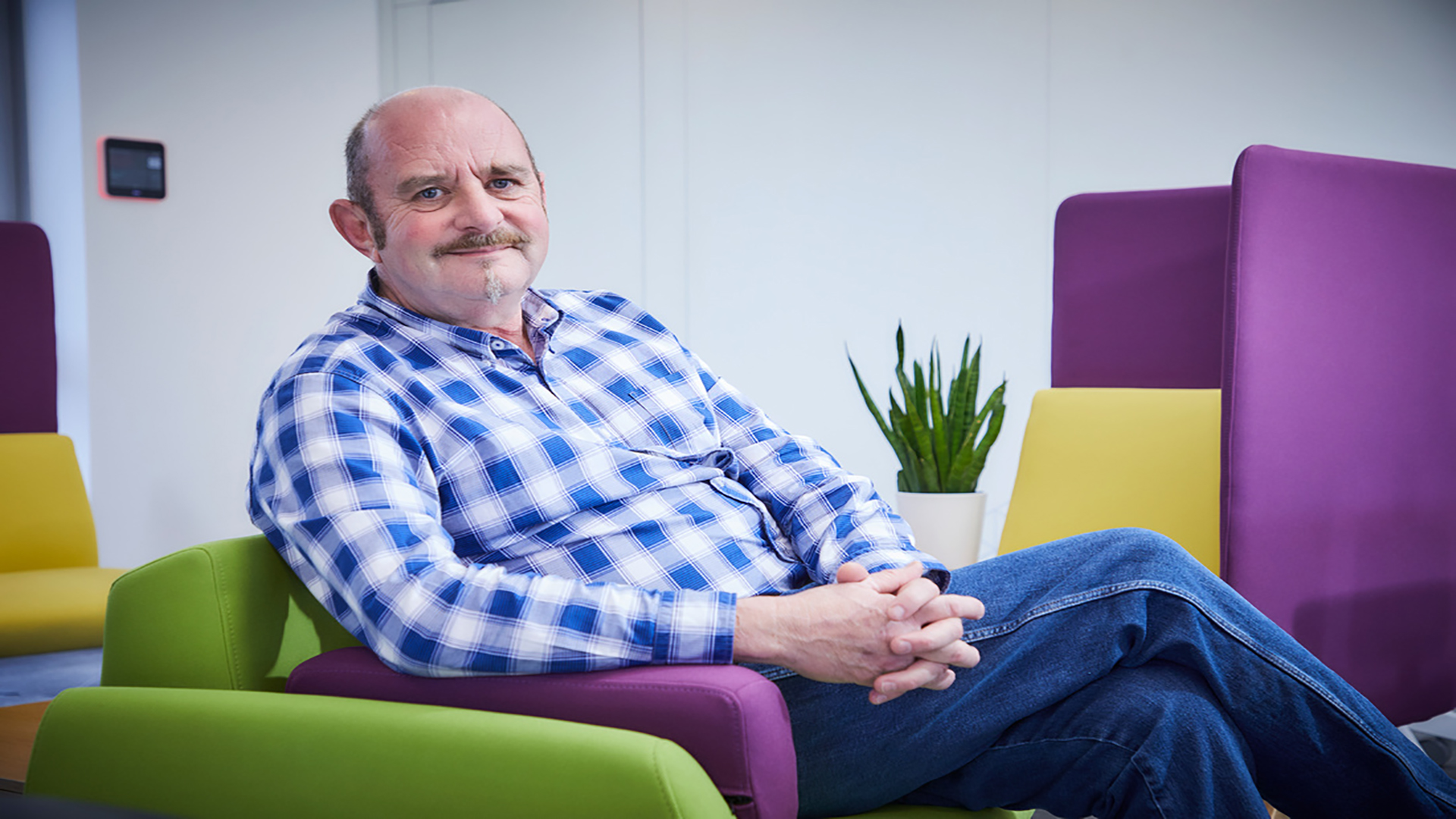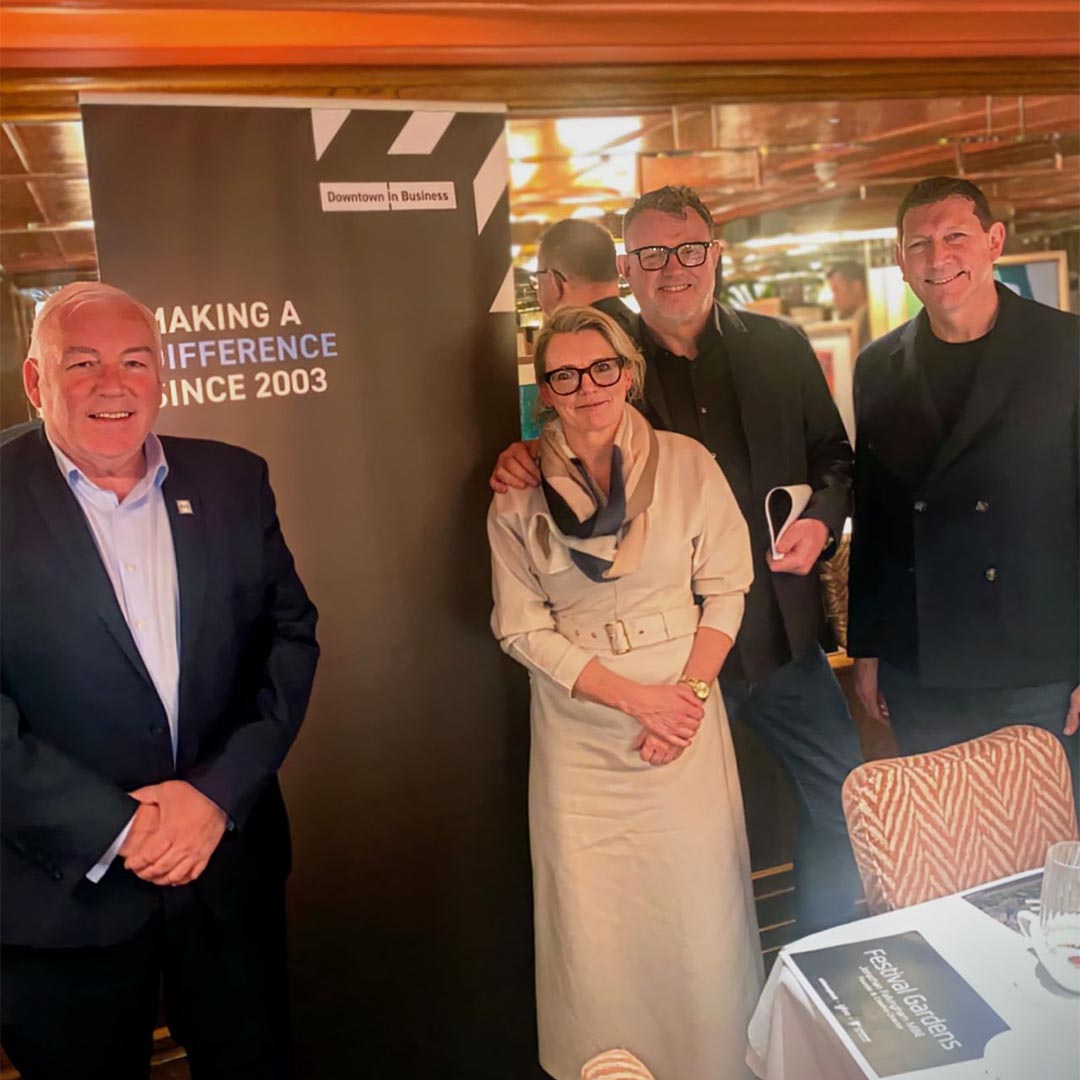Love Business interviews Rob Day from workplace consultancy specialists Blueprint Interiors for his views on how the workplace will change once people start to return to work having worked from home and experienced the benefits of flexible and more agile working practices.
The global pandemic has changed workplace design forever. It’s provided insight that tenants (employers) landlords (property owners) and those tasked with letting or selling commercial properties would be foolish to ignore as part of the new world.
It’s safe to say that this experience has informed us of what’s inherently important to our people. It’s important we take this knowledge and use it to create spaces that support our people to work in their preferred style as this means they will be more productive. Covid-19 has created a huge shift in the way people work and has dispelled many of the obstacles that may have previously been used to substantiate why people must work from a desk in an office. These proven examples can’t possibly be forgotten when things eventually return to normal. Whatever that ends up looking like.
There are so many things that this pandemic has taught us about what’s important at work. Communication, collaboration, culture, avoidance of the daily peak time commute – to name a few! But most of all, it’s highlighted to us that the success of our businesses comes down to ensuring our people are healthy and happy.
And whilst business owners are not always going to have to support their teams through the ups and downs of a global pandemic, leaders are going to have a greater understanding of how to tackle the ups and downs of day-to-day work.
This is where workplace design comes in.
The built office environment as we know it will change now there is clear evidence demonstrating what is most important. This presents a huge opportunity for employers everywhere to do things better than before. Increasingly, workplace consultancy will drive these changes as people seek to gain more from the space they have available.
Spaces will be more agile
Office workers around the globe are working in new and increasingly agile ways, and although the lockdown forced this change upon them, most employees have risen to the challenge and fully embraced the tools they’ve been given.
Thanks to these forced innovations, many businesses that have always operated in certain ways will come out of this with a whole new perspective and will find themselves under pressure from staff who have found they have enjoyed better work-life balances and family relationships, as well as from Government to reduce their environmental footprints and the pollution caused by travel.
I’m certain this will be reflected in workplace designs of the future, because a lot of teams have discovered that they’ve preferred doing things differently.
At first, workplace layouts will be tweaked because of the inevitable social distancing measures that’ll need to be in place, but longer-term, I think this will lead to spaces being more agile by design with less fixed desk space. There will be a much more flexible use of space and a greater use of technology to collaborate and innovate.
Tech will be prioritised
If it’s one thing this pandemic has definitely taught us, it’s that technology is absolutely essential in helping businesses run smoothly. It opens up other channels for communication, collaboration and knowledge-sharing and allows more flexible ways of working.
Working remotely will undoubtedly have given organisations a greater understanding of this. But it’ll also have highlighted how tech can prop up or even improve processes in the office too.
Wellbeing will be higher up the agenda
Wellbeing was already on the agenda before the pandemic but I think it’ll be prioritised by a lot of employers. Especially as they’ll need to plan to support the wellbeing of their teams as they return from working in isolation.
This strange time has allowed us all to reflect on what fuels our wellbeing and the things we enjoy or dislike about our current working environments. The morning coffee chat in the kitchen may not have felt like much before, but we’re now realising how much of a wellbeing-booster it was!
Workplaces that don’t currently facilitate these ‘little wins’ will need to adapt if they’re to provide their people with spaces that work for them, not against them.
What will this mean for landlords and property agents?
Changes in design preferences will lead to more discerning business tenants, as employers look for buildings that are equipped to support flexible working as well as wellbeing.
This means landlords and property agents will need to be increasingly aware of tenants’ changing priorities from Category A fit out stage. Before they’ve even signed the lease, employers will be asking wellbeing-related questions about the space. Meeting rooms and space for rows of desks will no longer be the normal spec. Instead, environmentally friendly materials that minimise indoor air pollution, designs that maximise wellbeing, sources of natural light and sufficient electrical points for increased tech requirements in a range of break out spaces will become key differentiators.
Looking to the future
If we haven’t already, most of us will have changed our views on how workplaces should meet the needs of our employees and how they will support the future evolution of our businesses. Employers that try to shoehorn their people back into previous ways of working are going to struggle because the world is already too different to ignore the fact that so many workers have adapted so quickly and enjoyed working from home.









